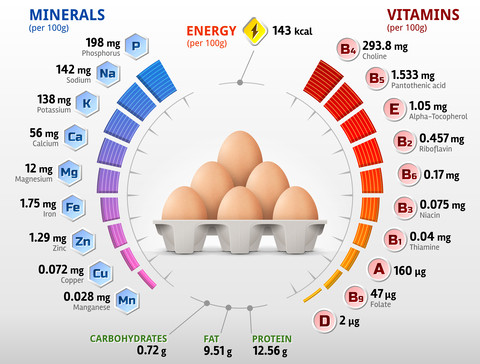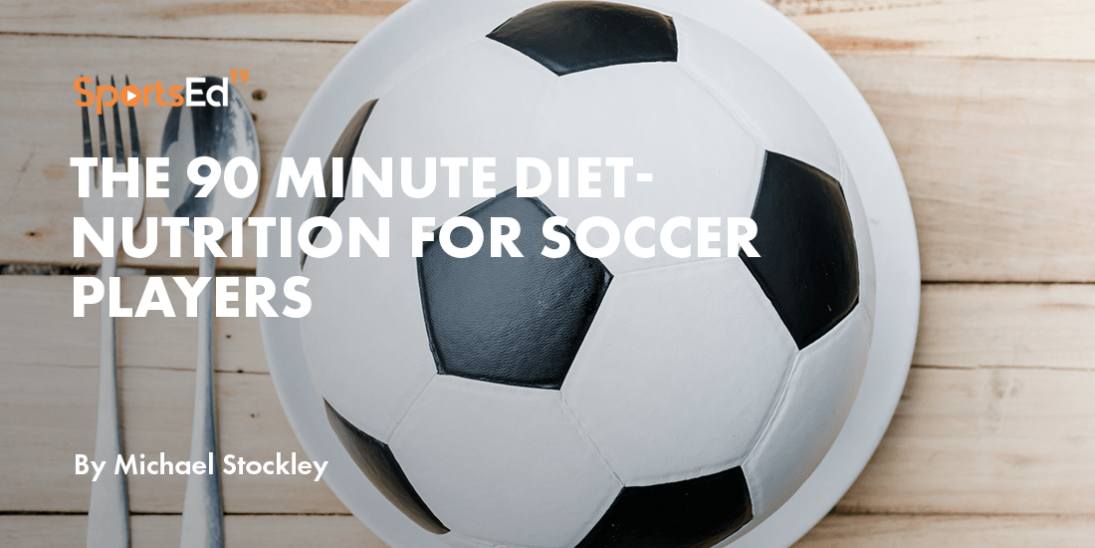Nutrition, Strength And Conditioning, Weightlifting
Welcome and thanks for visiting...

The Benefits of Egg Protein for Athletes of All Ages

Eggs are a kitchen staple worldwide, but often get a bad rap due to their cholesterol content. Thankfully, the 2015 USDA Dietary Guidelines have removed the upper limit for dietary cholesterol, allowing us to focus on the incredible benefits of eggs. One of the standout benefits is their high-quality protein, making them a fantastic food for athletes of all ages. This article will examine how egg protein can enhance your health and performance and why pastured eggs are the gold standard.
Egg Protein: A Nutritional Powerhouse
Whole Eggs vs. Egg Whites: New Science on Muscle Growth
A landmark study published in the American Journal of Clinical Nutrition has reshaped how athletes view egg protein. Researchers found that whole eggs, yolk included, stimulated significantly greater muscle protein synthesis post-workout than egg whites alone, despite both meals containing the same amount of protein (18 grams).
The key difference wasn’t the amino acid profile, which was nearly identical, but rather the nutrient density of the yolk. The study pointed to other bioactive compounds—like phosphatidic acid, DHA, and various micronutrients—as likely contributors to the enhanced anabolic response.
“Isolating protein from its natural food matrix may limit its full potential,” the researchers concluded.
For athletes, this means the old myth of skipping the yolk may hold back recovery and performance gains. If you're training for performance or recovery, don’t just eat protein—eat the whole egg.
Preventing Malnutrition in Children
Eggs are more than a protein source; they can be lifesavers, especially in underdeveloped countries. Egg protein has been shown to combat malnutrition and protect against conditions like kwashiorkor. For example, in Ecuador, just one egg a day for six months reduced stunting in children by 47% and underweight cases by 74%. Eggs are affordable, making them accessible even to low-income families. This combination of affordability and nutritional value makes eggs a critical food in the fight against global malnutrition.
Boosting Skeletal Muscle Health
Athletes need strong muscles to perform at their best, and egg protein is a fantastic ally in building and maintaining muscle mass. Eggs are rich in leucine, an amino acid crucial for muscle protein synthesis. Studies show that consuming 20 grams of egg protein after a workout maximizes muscle repair and growth. Unlike many plant proteins, which lack some essential amino acids, egg protein provides a complete profile, ensuring your muscles get everything they need.

Fighting Sarcopenia in Older Adults
Maintaining muscle mass becomes more challenging as we age. Egg protein can help older adults combat sarcopenia, a condition characterized by the age-related loss of muscle mass. Higher protein intake is linked to better muscle maintenance and function in older adults. Experts recommend up to 2.0 grams of protein per kilogram of body weight for those with severe muscle loss. Eggs, being easy to prepare and digest, are a practical and effective way for older adults to meet these protein needs.

Appetite Control and Weight Management
Eggs can also be your best friend if you want to manage your weight. High-protein foods like eggs increase feelings of fullness, helping you eat less throughout the day. Studies have shown that eating eggs for breakfast leads to greater satiety and reduced calorie intake compared to carbohydrate-based breakfasts. In weight loss programs, participants who ate eggs for breakfast saw more significant reductions in weight, waist circumference, and body fat.
Boosting Immunity
Due to the physical and mental stress of intense training, athletes often face a higher risk of infections, especially during periods of heavy load or competition. This is where the unique antimicrobial and immunoprotective properties of egg proteins can play a vital role. Eggs contain powerful bioactive components such as immunoglobulin Y (IgY) and lysozyme, which help defend the body against a wide range of pathogens. IgY, found in the yolk, can neutralize bacteria and viruses, acting similarly to antibodies in the human immune system. Lysozyme, an enzyme primarily located in the egg white, breaks down bacterial cell walls, adding another layer of immune defense. Together, these natural compounds help reduce the risk of illness, support immune resilience, and keep athletes healthier, allowing them to stay consistent in their training and perform at their best.

Help prevent Chronic Diseases.
Egg protein isn't just about building muscle and managing weight; it can also help protect against chronic diseases. Studies have found that peptides from egg protein can lower blood pressure and exhibit anticancer properties. This makes egg protein a valuable addition to your diet, contributing to long-term health and longevity.
The Safety of Consuming Eggs Daily
For most people, consuming one egg a day does not increase the risk of heart attack, stroke, or any other type of cardiovascular disease. Although it was once thought that the cholesterol in egg yolks could harm heart health, research has shown otherwise. Most of the cholesterol in our body is produced by the liver, which is stimulated by saturated and trans fats, not dietary cholesterol. Eggs contain only about 1.5 grams of saturated fat. They are rich in nutrients like lutein, zeaxanthin, choline, and vitamins A, B, and D. Studies, including those conducted at Harvard Medical School, have followed hundreds of thousands of people over decades and found no increased rates of cardiovascular disease among those who eat up to one egg per day. However, it is essential to be mindful of what you eat with your eggs, as high-fat and refined carbohydrate accompaniments can negatively impact heart health.
Not All Eggs Are Created Equal: The Superiority of Pastured Eggs
While all eggs provide high-quality protein, not all eggs are the same in terms of nutritional value and ethical considerations. Research from Penn State's College of Agricultural Sciences highlights the superior benefits of eggs from pastured chickens.

Nutritional Benefits of Pastured Eggs
- Higher Vitamin Content: Eggs from pastured hens have twice as much vitamin E and 38% more vitamin A than commercial eggs. These vitamins are crucial for maintaining healthy skin, eyes, and immune function.
- Enhanced Omega-3 Fatty Acids: Pastured eggs have more than double the total omega-3 fatty acids and a much healthier omega-6 to omega-3 ratio. Omega-3 fatty acids are known for their anti-inflammatory properties and role in heart health.
- Better Taste: People often report that eggs from pastured hens have a richer flavor and more vibrant yolks, enhancing the culinary experience.
Ethical and Environmental Considerations
- Animal Welfare: Pastured hens can roam freely, forage for natural foods, and exhibit natural behaviors. This improves their quality of life and results in healthier, more nutritious eggs.
- Environmental Sustainability: Pastured poultry systems are more sustainable as they often involve rotational grazing, which can improve soil health and reduce the need for chemical fertilizers. Hens help control pests by foraging and recycling nutrients back into the soil.
Egg protein is a powerhouse that offers numerous benefits for athletes of all ages.
Its high digestibility and complete amino acid profile make it an excellent source of protein for muscle repair, growth, and maintenance. Egg protein also helps control appetite, manage weight, prevent malnutrition in children, and protect against chronic diseases. As a low-cost, nutrient-dense food, eggs are an accessible and practical protein source for everyone.
However, remember that not all eggs are created equal. Pastured eggs taste better and provide superior nutritional benefits, including higher levels of vitamins A and E and omega-3 fatty acids. They are also produced more ethically and sustainably, making them the best choice for your health and the planet.
Eating eggs can support athletic performance, muscle health, and overall well-being. Whether for breakfast, as a snack, or post-exercise recovery, eggs provide the high-quality protein needed to fuel your success. So next time you're at the store, reach for pastured eggs—they're better for you, the hens, and the environment.









